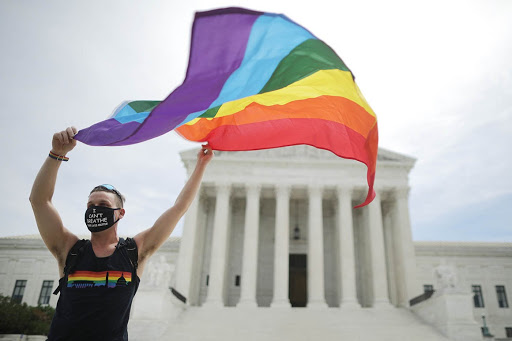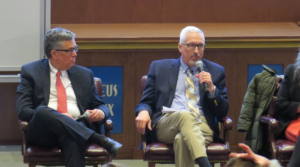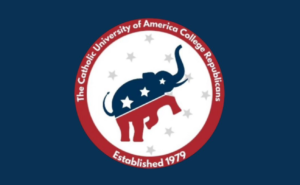Supreme Court Rules in Favor of LGBTQ+ Rights

Photo courtesy of Politico
By Franchetta Groves
On Monday, the Supreme Court came to a final decision in a highly anticipated case involving the rights of LGBTQ+ workers. In a 6-3 decision, the court ruled that employers that fire an individual because they are transgender or homosexual are in violation of Title VII of the Civil Rights Act of 1964. Title VII makes it a crime for employers “to fail or refuse to hire” an individual because of their sex.
The decision was based on three court cases. The first involved a Gerald Bostock, a Georgian man who was fired for conduct that was “unbecoming” shortly after joining a gay-inclusive softball team. In New York, Donald Zarda, a skydiving instructor, was fired days after mentioning that he was gay. The final case involved an individual from Michigan who worked in a funeral home. Aimee Stephens was fired after telling her employer that she would be identifying as a woman six years into her employment.
In all three incidents, the employers admitted that they fired the individuals because they were gay or transgender but claimed that this was not a violation of Title VII. Yet, the Supreme Court’s decision rebutted this and said that when Title VII banned employment discrimination on the basis of sex, bias based on sexual orientation or gender identity were also effectively banned.
“An employer who fires an individual for being homosexual or transgender fires that person for traits or actions it would not have questioned in members of a different sex,” Gorsuch wrote. “Sex plays a necessary and undisguisable role in the decision, exactly what Title VII forbids.”
“I truly believe I went into shock this morning,” said Bostock, “I’m proud to have taken part in this process in getting us to this historic moment.”
Bostock was the only employer who lived to see this historic decision made in response to his case. Zarda and Stephens both died before they could see their cases decided, yet their estates continued thereon for them both.
Many people see this as a win for the LGBTQ+ community as well as push back against the Trump administration. Some individuals even speculate that this ruling could be used to overturn Trump’s policy preventing transgender individuals from joining the military.
“It puts our existing legal claims against the ban on an even stronger footing,” said Shannon Minter, legal director for the National Center for Lesbian Rights and one of the lawyers challenging the military ban.
However, not all agreed, and Justices Samuel Alito, Brett Kavanaugh, and Clarence Thomas dissented. These dissents were based on the arguments that the Supreme Court was rewriting the law and redefining what sex meant, a job reserved for Congress.
“No individual should be discriminated against in the workplace or anywhere else for any reason,” said Catriona Fee, a junior politics major. “However, it is not the role of the Supreme Court to amend Title VII, that is the role of the legislative process. I think this ruling is a dangerous precedent of judicial activism, and the court superseding their power established in the Constitution.”








